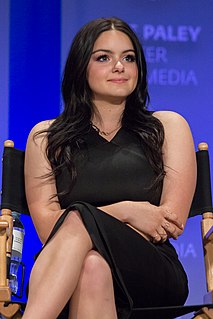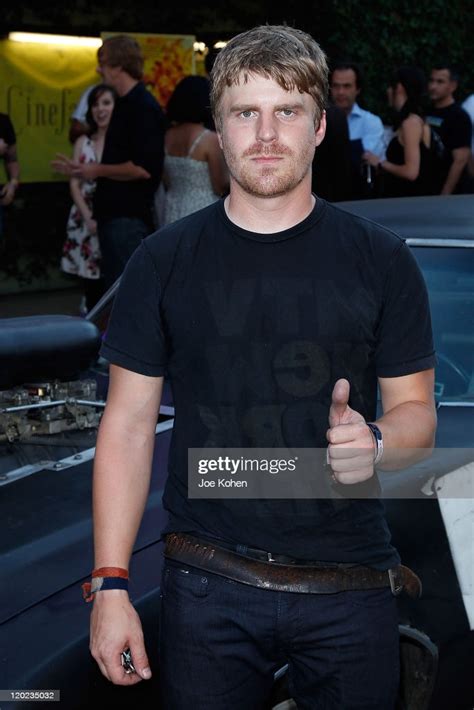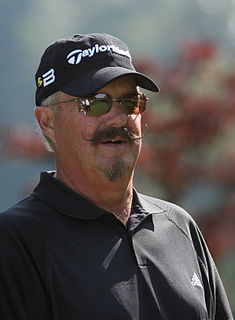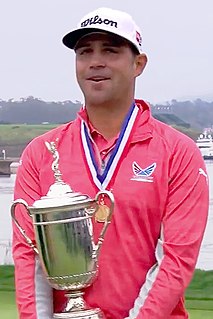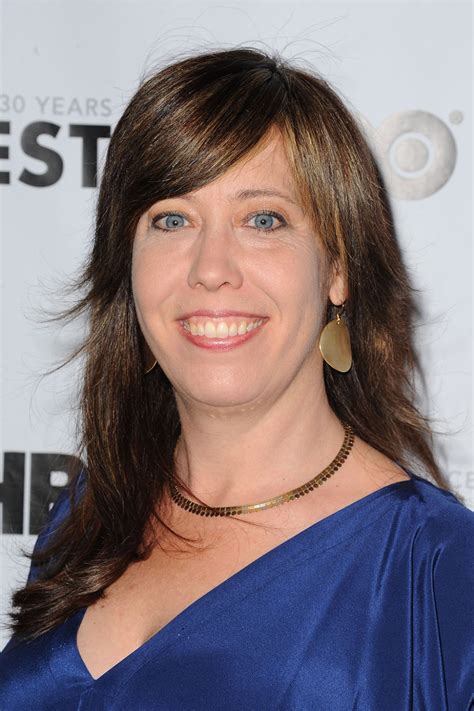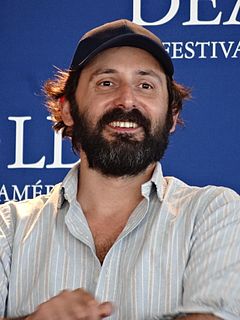A Quote by Rick Moranis
By the time I got to the point where I was 'starring' in movies, and I had executives telling me what lines to say, that wasn't for me. I'm really not an actor. I'm a guy who comes out of comedy, and my impetus was always to rewrite the line to make it funnier, not to try to make somebody's precious words work.
Related Quotes
I had always drawn, every day as long as I had held a pencil, and just assumed everyone else had too…Art had saved me and helped me fit in…Art was always my saving grace…Comedy didn’t come until much later for me. I’ve always tried to combine the two things, art and comedy, and couldn’t make a choice between the two. It was always my ambition to make comedy with an art-school slant, and art that could be funny instead of po-faced.
What you really need to build a character is exactly what you don't have in the movies - time. You know, movies are like a line drawing. You have to make very quick decisions, which are, in the end instinctive. Or you make a decision to say "Well, maybe I can do that, because... Oh, that could be irritating after a while, or distracting, etc. etc." Some of it is a matter of time, always.
[In comedy] you never want to leave the actors hanging out to dry. So you need to come up with funny individual stories for each character, and then you do this sort of comedy geometry, weaving them together. Once you've got a funny structure and you know why the scenes are funny, then you get super funny people to say your own lines, say their own lines, say things in their own way, and every scene is a live rewrite in front of the camera.
When someone who is known as a comedic actor goes to drama, it often doesn't work out, because they really just chose wrong, I think - or maybe they're just not good actors. For me it's important making that transition seamless, and not a huge shock and jumping into cold water. It doesn't feel like I'm trying to shock you or anything. I'm just saying, "I'm a different actor than you thought I was. Don't put me in a box. I'm not just some kid running around screaming curse words." I have other tastes besides comedy. I love comedy, but I love dramatic movies just as much.
At the beggining of my career, for me the comedy circuit was a combination of desperation and the fact that it was something I could do. I sort of meandered and really had no idea what I was going to do with my life. I had a go at stand-up, and I was sort of okay at it. I'd say I'm the opposite of someone that has the urge to stand in front of strangers and make them laugh, but the idea of getting up and telling a story and people finding it amusing always appealed to me. So I'd say it was probably more about that than anything.
When it is my editor telling me how to rewrite a story, I listen and do what she asks because I have learned that I get a better book in the end. I can't say I'm happy when I read that editorial letter. It is always a little painful and scary. But I have learned that - bit by bit - I can make the changes and do the work.
My job as an actor is to try to do what the director wants me to do. I'm going to do everything I can to incorporate that note and make it work. If it doesn't work, I'll try this kind of thing, and "How do you feel about that?" If you are at odds with the director, neither one of you is going to get anywhere. You really do have to be able to make both of you happy. Even when I was younger, there were times when you have to find a way to make it work for both of you.
On the set, everybody is different, so you have to deal with different sensibilities. I don't have a method. Usually, I try to have a good connection with the actor that I'm filming. Even a guy who's there with two lines of dialogue, I always try to have a connection with the guy I'm filming, just to make it into a nice, enjoyable moment.

